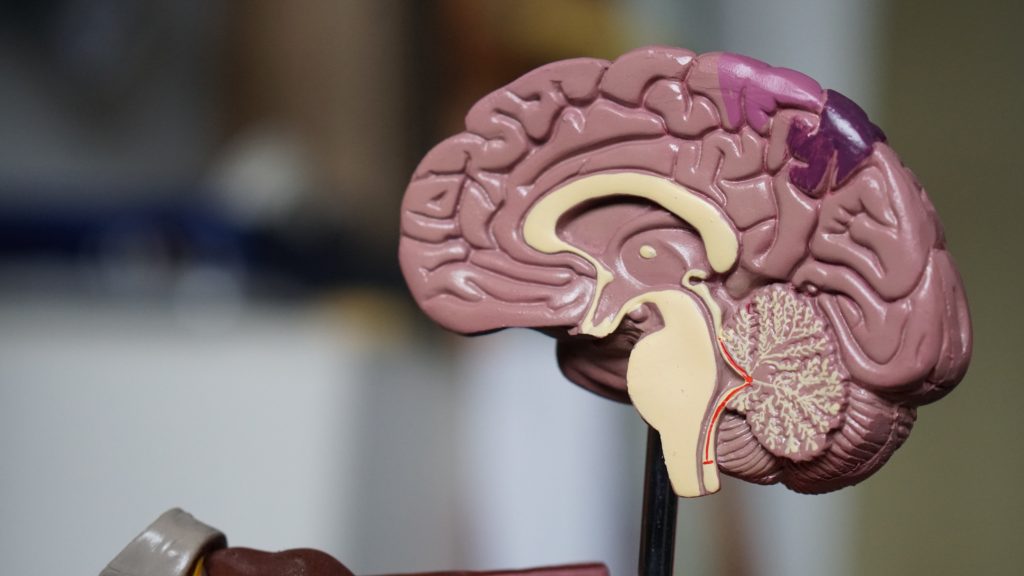Welcome to The Puzzler. Every week, there are 2 new puzzles related to my passion: math, logic, and thinking. The first puzzle will be The Puzzler Quik, meant for those who crave something fun-sized. The second puzzle will be The Puzzler Think, meant for those who love to ponder. The answers will be posted in next week’s column. Don’t forget to submit your answer for a potential shout-out in the next edition of the Puzzler.
Don’t forget to check out our new section: Mind Bogglers. It features counter-intuitive math thoughts and paradoxes.
Join 200+ people
Are you interested in math and puzzles? Do you like winning money? Well, why not participate in ThePuzzlr Contest, a 40-minute, 30 questions test for all ages that will be available to take via our website! We even have a sample test to help you get a feel of the problems! If you have already signed up, be sure to share this with as many friends as you can.
Puzzler Quik

This week’s problem is by Carter from San Diego, California! It’s time for the inter-state tennis match. California, Arizona, and Nevada all send teams. Each team has 2 players. Each player plays a singles match twice against members of other teams, and once against each member of their own team for the individual round tiebreaker. How many matches were played?
Puzzled?
Can you use casework?
There should be 2 cases!

Pepe has a quadratic of the form ![]() , where
, where ![]() is a specific positive number. Using her knowledge of how to complete the square, Masha is able to rewrite this quadratic in the form
is a specific positive number. Using her knowledge of how to complete the square, Masha is able to rewrite this quadratic in the form ![]() . What is
. What is ![]() ?
?
Puzzled?
Try expanding the second expression!
Once you expand, set the two expressions equal to each other!

ANSWERS TO LAST WEEK’S PUZZLERS
Last Week's Puzzler Quik
Ethan from Elk Grove, California was the winner of this shout-out. His explanation was superb!
Here is one way to solve the problem:
The key to solving this problem is noting that the 10s, 100s, and 1000s digit have no correlation with the remainder when dividing by 10. That is because only the last digit decides the remainder. So, we can disregard our original numbers and just look at the last digit. We therefore have
This has a remainder of 6 when divided by 10 and thus, our answer is 6.
Last Week's Puzzler Think
The best submission that we received was by Manas from Johns Creek, Georgia! Kudos to him for solving this problem!
Here is a way to do this problem:
The sum of the first and the third digits is even, so the first and the third digits are either both odd or both even. There are two cases. The first case is that the first digit is odd (1,3,5,7,9). Combined with the third odd digit, it makes for a total of 5*5 = 25 cases. The second case is that the first digit is even (2,4,6,8). Combined with the third even digit (0,2,4,6,8) it makes for a total of 4*5=20 cases. The result is 25+20 = 45 cases.’
Puzzled? Questions? Suggestions? Holler at aditya@thepuzzlr.com


Pingback: The Puzzler – Week 10 -